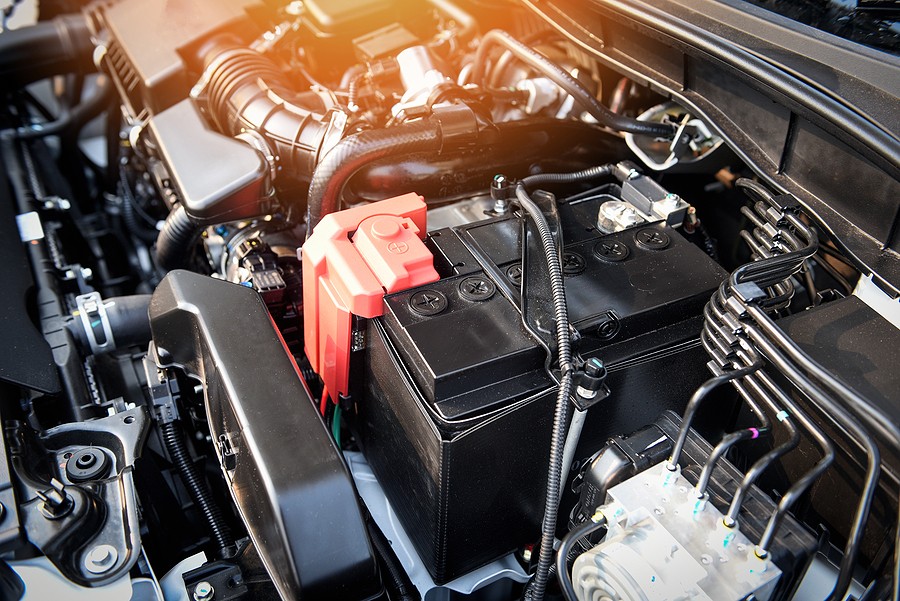Transmission Problems After Changing Battery is an issue that every car owner must know. If you are not careful, it can cost you hundreds or even thousands in repairs. But with the right information, this problem is easy to avoid.
This article will walk you through everything to know about Transmission Problems After Changing Batteries and how to fix them. Read on for all the details!
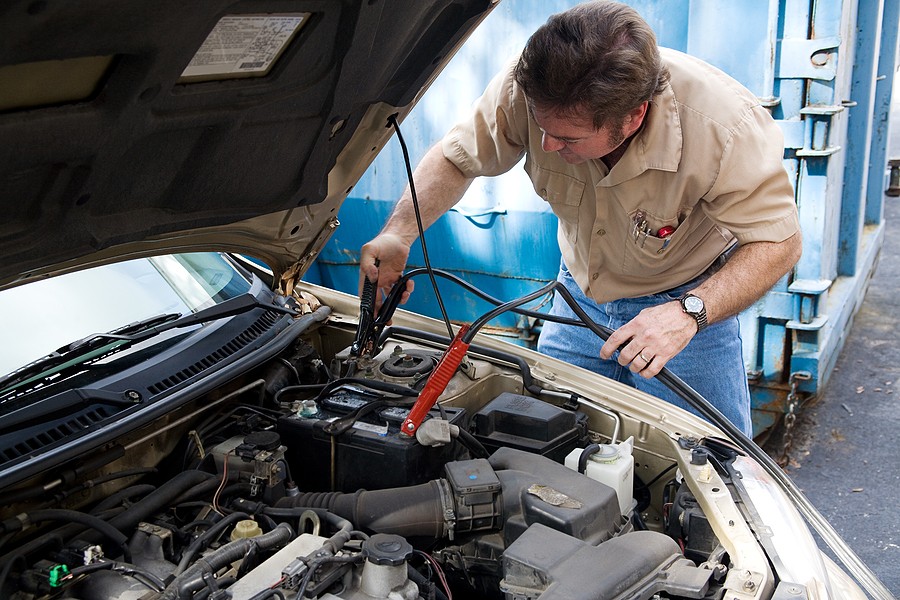
Transmission Problems After Changing Battery
It might sound like the battery and the transmission are two different stand-alone components in your vehicle. However, they are linked together. The transmission is powered by a part of the engine called the torque converter, driven by the crankshaft through a belt and pulley combination. So you can see how your battery problems will affect what happens with your Transmission Problems After Changing Battery.
Transmission Problems After Changing Battery occurs when you leave an old, faulty, or dead battery in your vehicle. This causes problems with the transmission because a car requires a charge from the battery to start. There are two stages to starting a car:
- The starter turns over the engine and
- The alternator recharges the battery while the engine is running. If these two components aren't working together, your vehicle won't start. This is why all cars come equipped with the second stage, the alternator.
Transmission Problems After Changing Battery are not too difficult to fix if you know what to look for. When getting Transmission Problems After Changing Battery, the first thing you should do is check all connections between the battery and engine.
More specifically, here are the top transmission problems after changing a battery:
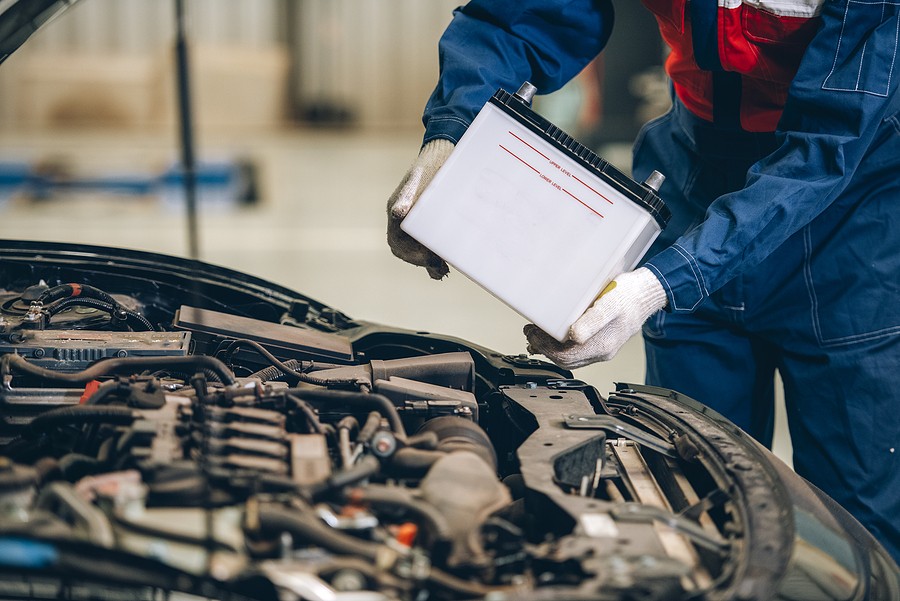
#1 Fluid leaking from the transmission
You'll know if your fluid is leaking because it will be covered in residue and have a bad smell. If you see a lot of fluid leaking from your transmission, you should bring your car in for a transmission flush to get rid of the excess fluid.
#2 Transmission problems shifting gears
Flat or difficult-to-shift gears are often signs of a transmission problem. For example, if you've recently had a battery change and your car is suddenly stalling when shifting gears, this usually means you need to get your transmission repaired. But if the problem does not disappear after doing some basic fixes, such as checking the fluid levels, then you'll need a professional opinion.
#3 Slipping gears
Slipping gears is an occasional problem that usually has something to do with the way your vehicle was manufactured. If you notice that your car slips into neutral or does not move at all when the gears are shifted, this is a good indication that something is wrong with the transmission.
#4 Strange noises or vibrations during driving
This problem is most common when you change the battery. If your car is making gears changes in strange ways, it might be time for transmission repairs. There are many moving parts within your vehicle's transmission, so try not to confuse this issue with other things like engine noise or tire balance issues.
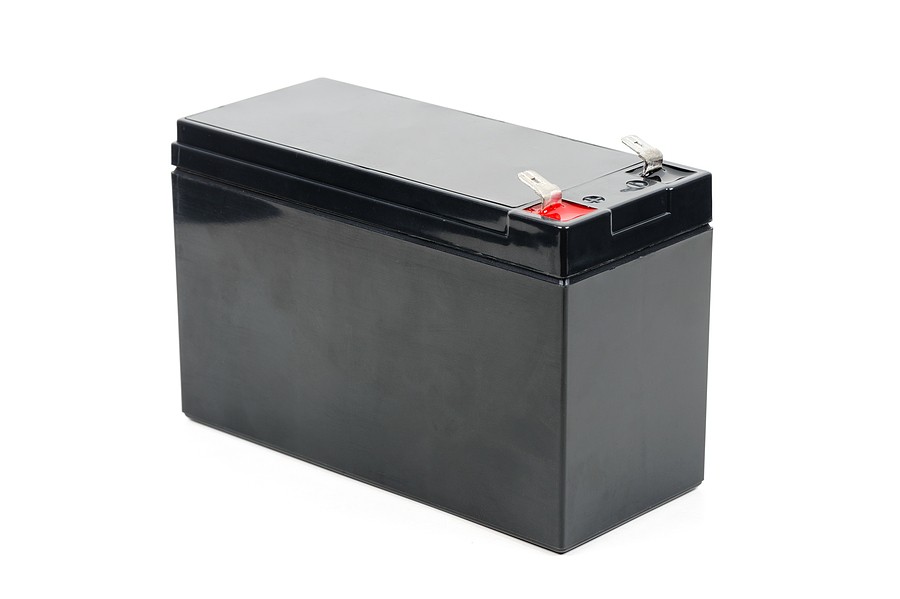
#5 Completely fails to go in gear
If your car completely fails to shift into gear, or if you have any other serious transmission problems after changing a battery, then it's time for repairs. In this case, you're better off taking your car into a shop that specializes in transmission repairs.
Repairs for transmission problems after changing the battery
There are a few options you can look for if you suspect your battery is causing problems with the transmission.
- If the power to the starter seems okay, but there's no engine turnover, there may be a problem with the solenoid or relay that controls when the current flows from the battery to start up the engine. This is a pretty simple fix and should only cost about $50-$100.
- If there's a poor connection at the battery cables, this might be another cause of your Transmission Problems After Changing the Battery. Clean the connections or replace any corroded cables with new ones to prevent further problems. This repair costs around $150-$200.
- There's also a chance the voltage regulator is not working properly. This will need to be replaced, which can get expensive because it could cost up to $400-$500 for parts and labor depending on your vehicle's make. However, it might still be worth it if you have frustrating Transmission Problems After Changing Battery.
If you notice any of these problems with your battery after changing it, then the chances are that causing the issues. So if you can fix the part yourself and save a little money, go for it! But if you're not confident in your abilities, take it to a car professional and get reliable Transmission Problems After Changing Battery.
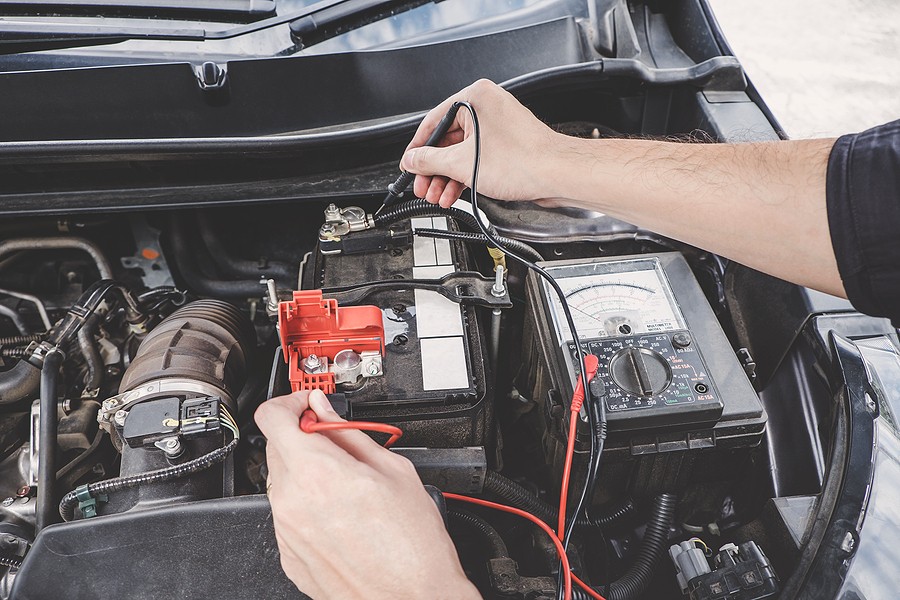
How to Prevent Transmission Problems After Changing Battery:
The easiest way to prevent these problems is never to let your battery go dead. This means you should always take your car in for regular maintenance and check-ups, no matter how inconvenient it might be for you.
Do not leave the lights or radio on during a time that your vehicle will be left idle, such as overnight. This will drain the battery, which will result in Transmission Problems After Changing Battery.
If you are not using your car for an extended period, it is best to disconnect the battery and keep it disconnected. This can be inconvenient if you want to use your vehicle again soon after removing the battery, but once again – better to be inconvenienced than stuck with a dead or dying battery and transmission problems!
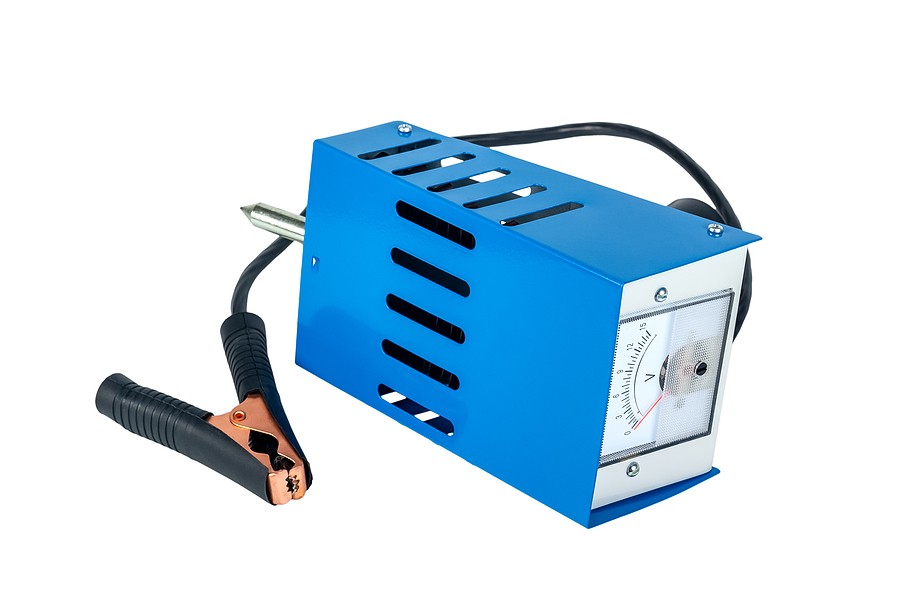
How to diagnose transmission problems after changing the battery?
if you suspect you're having transmission issues after changing the battery, you can confirm the problem by following these diagnosis steps:
#1 Test the battery
The first step in diagnosing your car problems is to check the battery. You can visit your local auto parts store and ask them to test it for you, or you can do it yourself by following these steps:
You will need a digital multimeter; they cost about $15 at any department store if you don't have one.
Use the multimeter to test your battery. If it reads anything lower than 12 volts, you have a dead battery and might need a new one. You can also check your vehicle's manual to see what voltage your vehicle needs for optimal running conditions.
If the battery is fine, it's time to proceed on step
#2 Test the car's electrical system
Your next step is to test the vehicle's electrical system. This will tell you if your battery needs replacing or more serious problems with your car. You can do this by following these steps:
Use a multimeter again to measure the resistance of the circuit in question under both conditions of no voltage and with voltage applied to the circuit.
If there is no voltage, you might need a new battery. If the resistance level is the same with or without an existing voltage source, then you might have bigger issues that will require servicing by your local auto repair shop.
#3 Test for loose wire connections
The last step in diagnosing transmission problems after changing the battery is to check for loose connections. You can do this yourself by following these steps:
Use your multimeter to test the connections between the car's various components, such as the ignition coils and the transmission.
If you find any disconnected or corroded wires, tighten them down and replace any bad ones with new ones to prevent further transmission problems.
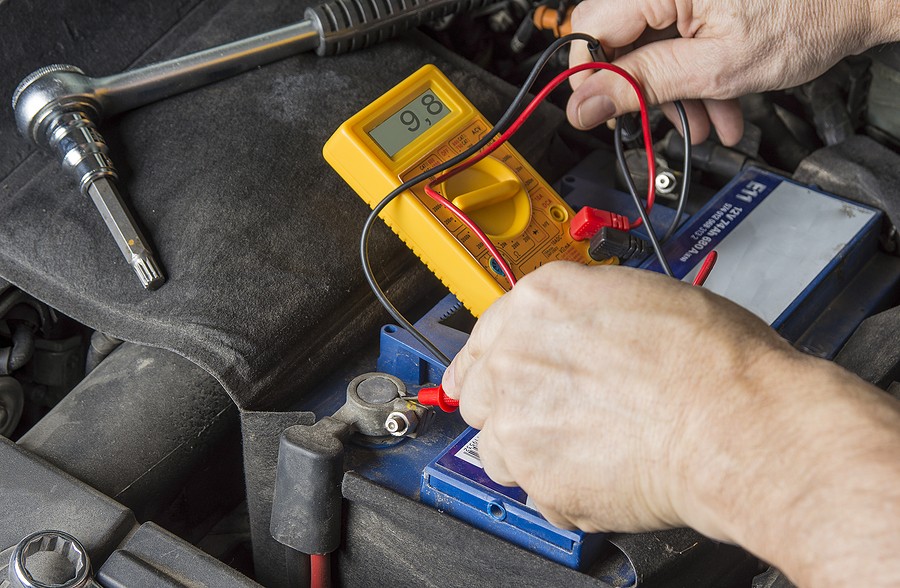
How to Fix Transmission Problems After Changing Battery?
You might be able to fix these issues yourself if they are not too severe, but it's also possible that you'll need the help of a professional if your car is beyond easy fixes. However, if you're up for the challenge, here are some things you can try:
You can try to restart your car to see if it starts. Keep in mind that this fix does not apply for all situations – only when the Transmission Problems After Changing Battery you were having stemmed from a dead or dying battery and no other problems existed.
Use a jump starter to give your battery a quick boost, which should be enough to get your car running again.
If your battery was the problem, it might be time to invest in a new one. You can visit your local auto parts store and have them test your current battery for free if you're uncertain of whether or not it's causing transmission problems after changing the battery.

Should I fix the transmission problems after changing the battery?
You should have your car serviced by a professional to fix the problem in most cases. They might fix the transmission problems without replacing the battery in some rare cases, but this is unusual, and we recommend getting it checked out anyway, even if the symptoms seem minor.
The cost of replacing a battery can vary depending on where you get it done but plan on spending at least $100 to get it done right. This is because you'll need a new battery and the work will take about an hour if everything goes smoothly.
On the other hand, transmission repair costs can range anywhere between $250 and $1500 depending on what's causing your car's transmission problems after changing the battery and how extensive the damage is.
Do I need to replace the transmission if it has problems due to the battery changing?
While changing the battery might result in transmission issues, you won't necessarily need to replace the transmission. So the solution to this problem lies somewhere in the middle, requiring a new battery or transmission repair.
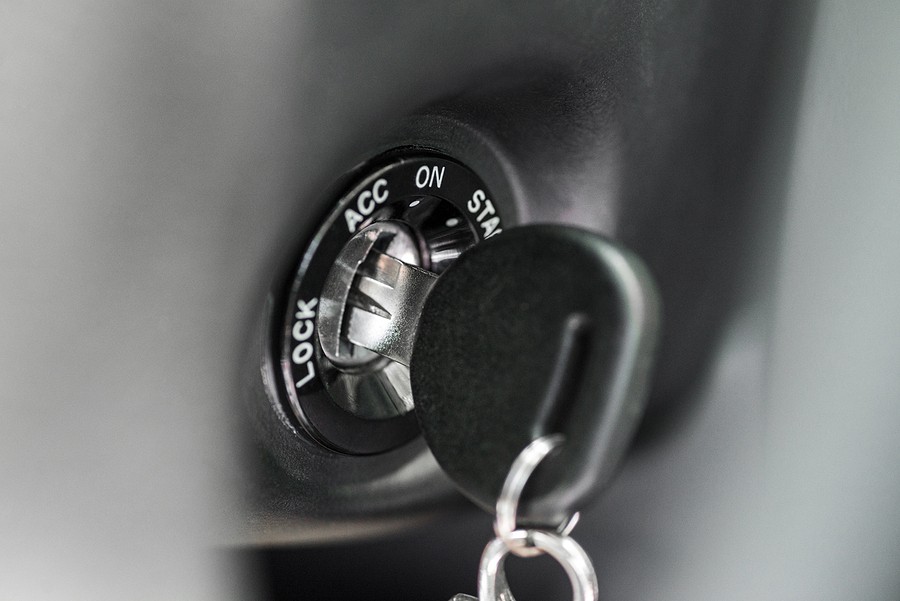
How long does it take to fix transmission problems after changing the battery?
Fixing problems with the transmission after changing a battery usually takes less than an hour, and you shouldn't have to wait more than a day to get your car back.
Transmission Problems After Changing Battery FAQs
This section has come to the rescue of many car owners wondering about their car's transmission after changing a battery. Here you will find the most commonly asked questions answered:
What can happen to your tranny if you don't disconnect your battery before changing it?
The worst thing during battery replacement is connecting the negative terminal while the other end is still connected to the battery. This could lead to a spark, igniting hydrogen gas that's naturally given off by the battery – resulting in an explosion.
Is it normal for my transmission/engine to turn off after starting the car?
If you turn on your ignition, but your engine doesn't start, or if your car's interior lights dim or flicker when you try to start the car, it means that there is an electrical issue. This could mean a problem with either your car's battery or the alternator.
What are some possible causes of faulty automatic transmission?
There are many causes of faulty automatic transmissions, including low transmission fluid, debris in transmission, failing transmission components, electrical problems with your vehicle, etc.
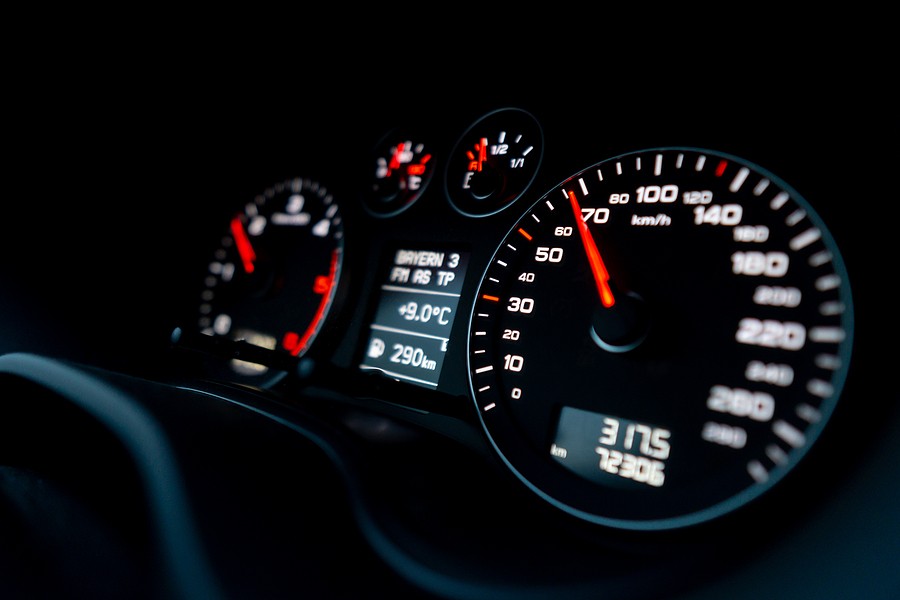
Who buys a car with transmission problems after changing the battery?
Cash Cars Buyer does! This is why you find so many Deals for cars with Transmission Problems on its website.
Why do some people have their car towed to a car dealer when the engine stops suddenly while driving?
Keeping your car in excellent condition will ensure that it serves you well. If something goes wrong once, there's no need to panic. This information has been put together to provide you with all the facts on fixing transmission problems after changing a battery. For more information, visit CashCarsBuyer.com today.
When selling your car to Cash Cars Buyer, you enjoy the following benefits:
- The Cash Cars Team has extensive knowledge of different makes, models, and types of cars. This means that whether your car is a sedan, sports car, or truck – it'll be assessed fairly by experts who are familiar with its market value.
- You don't have to wait for days after submitting the request to sell your car. Everything is done quickly and easily via the Cash Cars Buyer website – all you have to do is use your phone's camera to record a video of your car, complete with any defects that may exist.
- You don't have to deal with pushy salespeople who hassle you about repairs and try to pressure you into getting your car “fixed.”
- If you choose to sell your car for cash, you'll get money directly deposited into your bank account within 24 hours. So there's no need to wait 3-5 business days like at other dealerships!
- Lastly, Cash Cars Buyer is the only company that considers your car's time, mileage, and state when pricing it. Unlike other dealerships who give you the same price whether your car is in great condition or terrible condition, Cash Cars Buyer cares about what's best for both you and its customers.
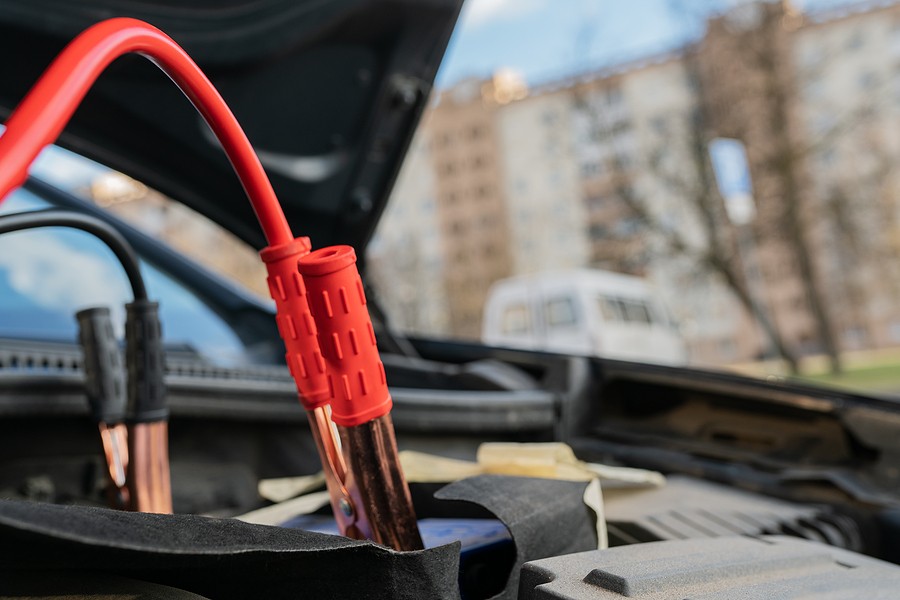
Conclusion
Transmission problems after changing the battery can be challenging! Therefore, it's important to diagnose the problem correctly. The good news is that there are many ways to troubleshoot transmission problems, and you should find a solution with time and patience. If all else fails, consult your mechanic for expert help.
This article has covered how to test your car's electrical system and check for loose wire connections to determine what might be causing the issue. From here, it should be much easier to fix Transmission Problems After Changing the Battery on your own or get professional help if necessary!

